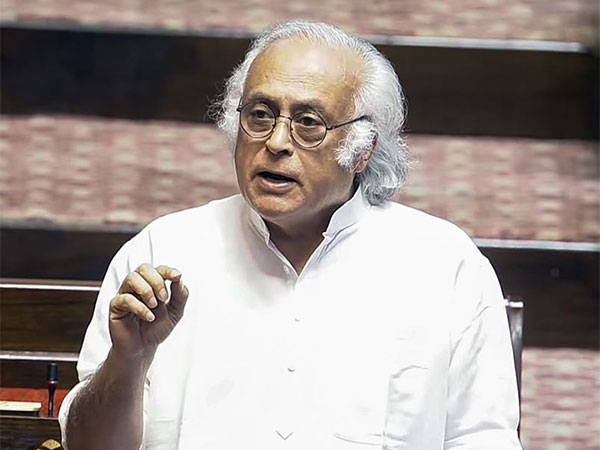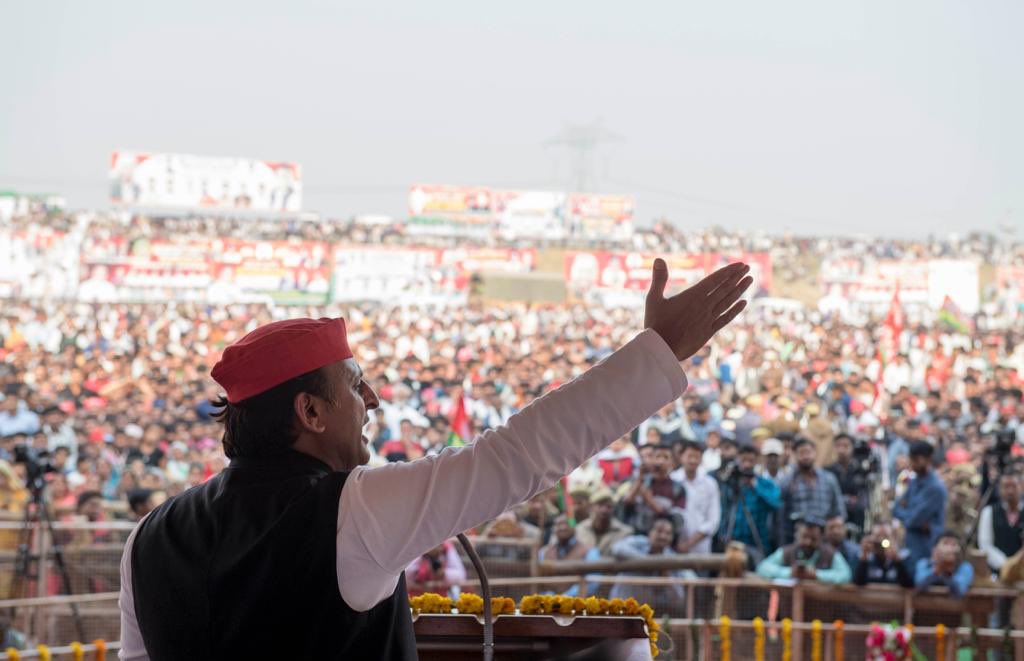Jairam Ramesh Criticizes Modi Government Over Border and Trade Setbacks With China
On the fifth anniversary of Prime Minister Narendra Modi’s controversial “clean chit” to China following the Galwan clash, Congress leader Jairam Ramesh launched a scathing attack on the government’s handling of national security and economic policy with respect to China.
Today is the fifth anniversary of PM Modi’s infamous clean chit to China, when he said “Na koi hamari seema mein ghus aaya hai, na hi koi ghusa hua hai” only four days after 20 of our brave soldiers gave their lives for the nation in Galwan on 15 June, 2020. This sorry episode… pic.twitter.com/v8IDDXhl3N
— Jairam Ramesh (@Jairam_Ramesh) June 19, 2025
In a post on X, Ramesh recalled Modi’s June 19, 2020 statement — “Na koi hamari seema mein ghusa hai, na hi koi ghusa hua hai” — made just four days after 20 Indian soldiers lost their lives in a brutal hand-to-hand battle with Chinese forces in Galwan Valley. According to Ramesh, this marked the beginning of a series of diplomatic and territorial compromises that culminated in the October 2024 disengagement agreement.
The Congress leader alleged that the withdrawal terms negotiated last year have led to a “tremendous territorial setback”. He pointed out that Indian patrols can now only access key locations in Depsang, Demchok, and Chumar with Chinese approval. Additionally, the creation of buffer zones in Galwan, Hot Springs, and Pangong Tso—zones that lie largely within India’s claim lines—has curtailed the Indian Army’s mobility in regions where they previously operated freely.
China Trade Deficit, Economic Dependence, and Military Threats Raise Alarm
Beyond the border issue, Ramesh sharply criticized the Modi government’s handling of India’s economic ties with China. He cited official trade data showing that the India-China trade deficit hit a record $99.2 billion in 2024-25. Imports from China continue to surge, especially in critical sectors like electronics, telecom, and pharmaceuticals. Meanwhile, exports to China have fallen below 2013-14 levels, despite a weaker rupee which should have boosted competitiveness.
Ramesh also flagged comments made by External Affairs Minister S. Jaishankar, who once said: “They are the bigger economy. What am I going to do?” Ramesh called this mindset a “surrender to Chinese economic might.”
He further warned that China’s military partnership with Pakistan is growing dangerously strong. According to Ramesh, during Operation Sindoor, China provided AI-based warfare support and is expected to deliver up to 40 J-35 stealth fighters to Pakistan. He emphasized the need to recognize the reality of a two-front threat to India.
Calling for a detailed debate in Parliament, he urged the Modi government to build a national consensus to counter the growing Chinese security and economic challenge.





















